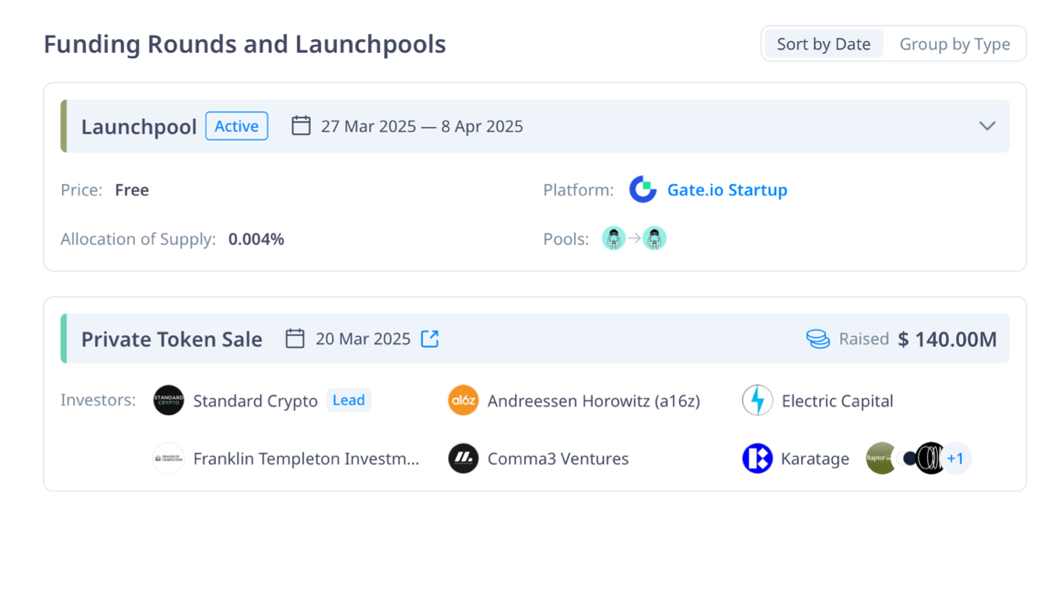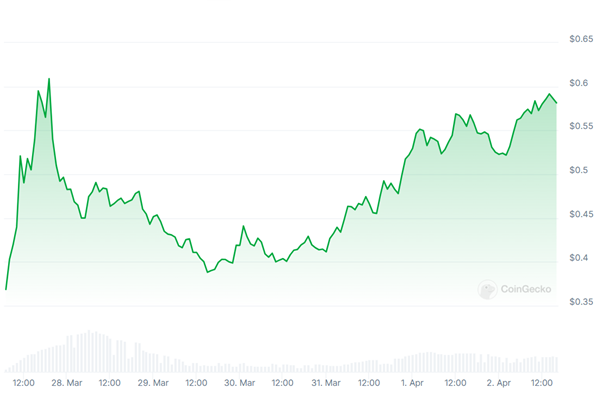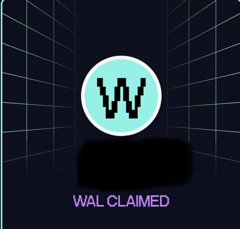You May Already Own the Fix to Web3’s Storage Problem
Decentralized apps (dApps) are reshaping the digital world by bringing financial services and more to the blockchain.
But they often stumble when it comes to storing large files — think videos, images or even AI models thanks slow speeds and high fees.
That is where the Walrus Protocol steps in.
Built on the powerful Sui (SUI, “B-”) blockchain, it offers a smarter, more efficient way to handle heavy data.
What Is Walrus Protocol?
Walrus is a decentralized storage and data availability protocol created by Mysten Labs, the team behind Sui.
It’s purpose-built to store large files securely, efficiently and affordably on-chain.

And it doesn’t just rely on Sui’s incredible speeds to do so. Walrus also uses advanced encoding that cuts down on data duplication to give users faster access and lower costs.
And because it is scalable across thousands of nodes, Walrus ensures your data stays online … even under network pressure or cyber threats.
In short, Walrus is ideal for …
- Media hosting: Walrus is ideal for dApps that serve video, audio and image files that need to stay fast and secure.
- AI and machine learning: Developers can store and access large models without risking intellectual property.
- Decentralized backups: Walrus offers a reliable solution for individuals or businesses looking to back up data without relying on centralized systems.
While Walrus is less than a month old, it has already captured the attention of major crypto investors who have strong confidence in its innovative approach to decentralized storage.
In a high-profile funding round, the Walrus Foundation raised $140 million, led by Standard Crypto, with participation from Andreessen Horowitz (a16z) and Electric Capital.
This round values Walrus at $2 billion, even before its full-scale launch.

This vote of confidence signals a growing belief that Walrus could lead the next evolution in secure, decentralized data infrastructure.
The WAL Token
At the center of the Walrus protocol is its native token, WAL.
It plays multiple roles, including as …
Payment: WAL is used to pay for storage services on Walrus. Payments are made upfront for fixed storage durations to ensure stable costs in fiat terms.
This also protects against any WAL price volatility.
Security: Users can stake their WAL tokens to bolster network security, even if they don’t run storage nodes directly. Though node delegators do earn rewards based on their performance.
Governance: WAL token holders take part in protocol governance to adjust system parameters.
With so much riding on this coin, Walrus plans to introduce two burning mechanisms — one as a penalty for short-term staking and one as a penalty for underperforming nodes. These will help promote long-term value while increasing network efficiency.
WAL is currently trading near 58 cents and is up +8.64% over the past 24 hours.

Its all-time high (ATH) of 61 cents was recorded on March 27, 2025, placing the current price just 4.3% below that peak. The circulating supply stands at 1.25 billion WAL, out of a maximum of 5 billion tokens.
At the time of writing, WAL is not available on any exchange that U.S. residents can access.
But you may have been able to get WAL without an exchange … or even without buying it.
Walrus Airdrop: Did You Receive WAL?
To kick off adoption, Walrus airdropped WAL tokens to early Sui users.
If you have interacted with the Sui network — through staking, NFTs or testnets — you might already have WAL sitting in your wallet.
Here’s how to check …
 |
Open your Sui wallet, switch to mainnet and check your assets or notifications. Look for a Soulbound Token (SBT). That is your WAL allocation.
Whether you are here to speculate on potential future investments, find a decentralized storage solution for your needs or just stay informed, Walrus is one of those rare protocols that feels both early and inevitable.
I wouldn’t sleep on it, even if it’s not readily available to U.S. residents just yet. It’s still a brand-new token, and I wouldn’t count out a listing on a U.S. accessible exchange in the future.
And in the meantime, go ahead and check your wallet. You might be part of the Walrus revolution already.
Best,
Mark Gough

